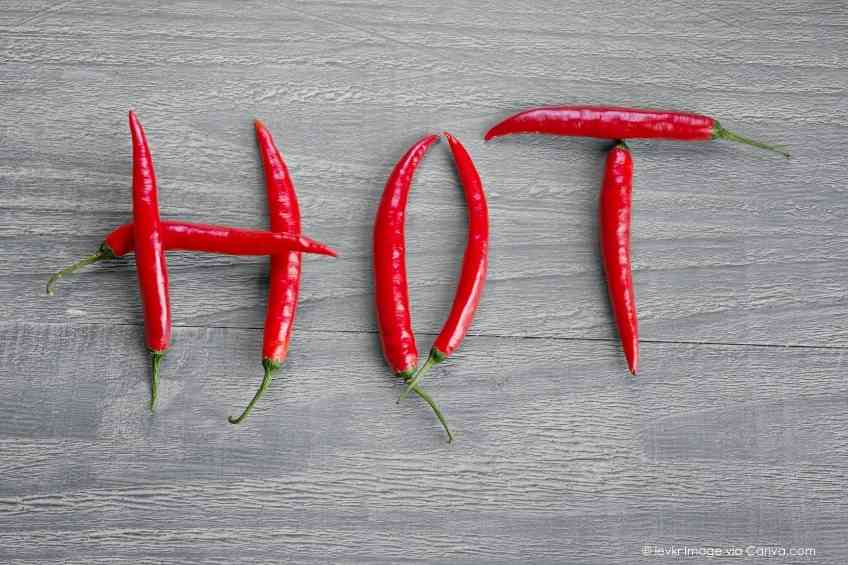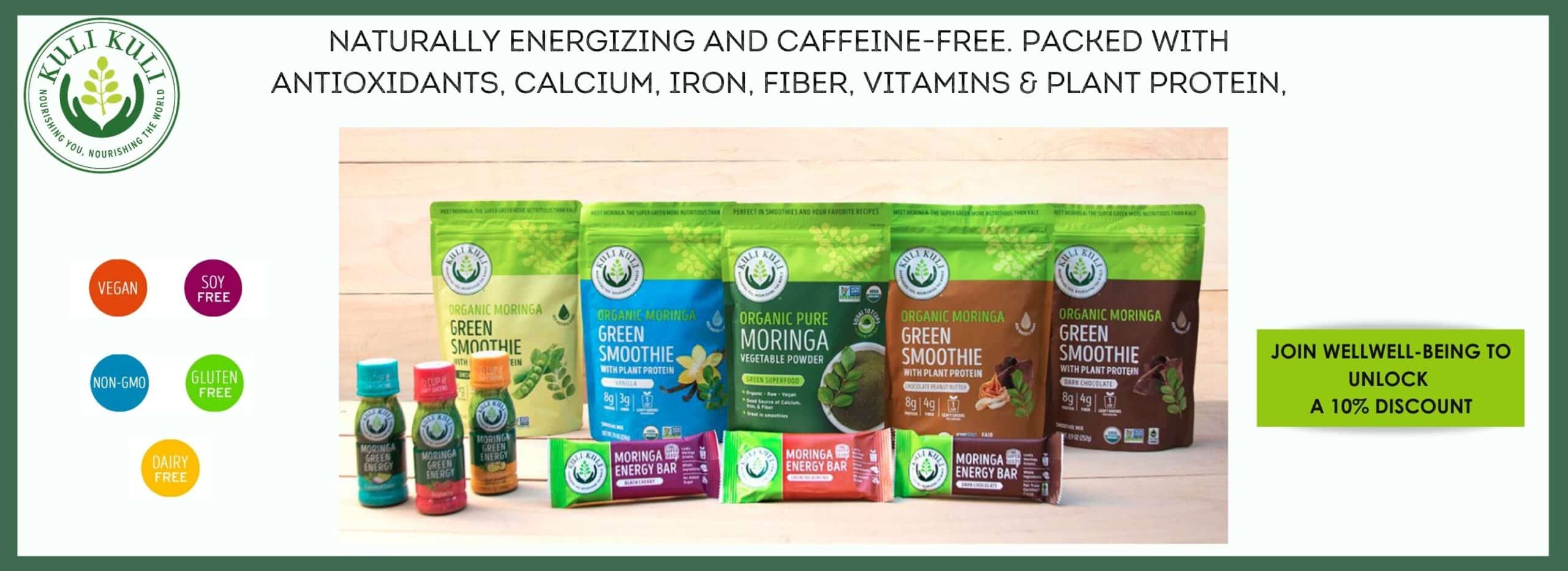By Jessica Scarpati –
People living in the hottest parts of the world―such as India, Mexico and Thailand―seem to love the spiciest foods. Why? It seems to keep them cool. Okay, their secret to staying cool might seem counterintuitive, but it turns out that chili foods can be just as effective as chilly foods for beating the heat.
This take may come in particularly handy as temperatures continue to soar throughout the U.S.
“Cultures in these parts of the world have known this for thousands of years,” physician, scientist and author William Li, MD, told Time magazine. “Their culinary culture triggers a hard-wired system that opens your pores and releases heat from the body. You feel temporarily hotter but that’s part of the package of cooling down.”
It works like this: Chili peppers contain a compound known as capsaicin, which gives spicy foods their fiery kick. It’s actually an irritant―it’s the main ingredient in pepper spray―and it tricks the body by activating the temperature sensors in your mouth. As a result, a person’s mouth starts to feel like it’s on fire. Although your actual body temperature doesn’t change, this perception triggers sweat glands to release perspiration. As that evaporates off the skin, it helps people feel cooler.
The good news is the same process occurs with foods that are hot in temperature, such as hot coffee or soup.
“Spicy foods excite the receptors in the skin that normally respond to heat,” Yale-based physiologist Barry Green, PhD, explained in Scientific American. “Capsaicin sends two messages to the brain: ‘I am an intense stimulus,’ and ‘I am warmth.’ Together these stimuli define the sensation of a burn, rather than a pinch or cut. The central nervous system reacts to whatever the sensory system tells it is going on. Therefore, the pattern of activity from pain and warm nerve fibers triggers both the sensations and the physical reactions of heat, including vasodilation, sweating and flushing.”
Not to throw too much cold water on the idea, but there are a few catches. To achieve that cooling effect, experts say you need to be wearing clothing that allows your sweat to evaporate―think cotton, not polyester. Along those same lines, swampier climates mute the cooling effect of sweating, BBC Future points out.
“The evaporative cooling effect that happens when we perspire is indeed useful in maintaining a body’s heat balance. In a very humid climate, though, it doesn’t matter how much you sweat: That evaporation won’t come to your rescue because there’s already too much moisture in the air,” the BBC reported.
The British outlet went on to cite one study that involved people drinking hot water after exercise, which revealed that they did cool down slightly more than those who drank cold water. The catch? It only worked in conditions with low humidity. “Thailand in August, that ain’t,” the BBC noted.
Even so, ice cream and popsicles may not be the best way to beat the heat. Australian scientist Ollie Jay, PhD, director of the Heat and Health Research Incubator at the University of Sydney, underscored that point when describing a 2016 study on how people’s bodies responded to drinking cold beverages like slushies on a 98.6-degree day, the same as a person’s body temperature. Surprisingly, his research team found people felt hotter afterward―an outcome researchers believe occurred because the cold drink triggered the body to stop sweating.
“Because the stimulation for reducing sweating is so strong, we actually seem to over-compensate,” Jay reported. “The reduction in evaporation of sweat from the skin is greater than the extra heat you shunt into the slushy to warm it up inside your body.”
Spicy foods can bring concerns, if for no other reason than they can ignite a burning sensation on a person’s insides. The good news is that they are safe for most people to consume in moderation. Some, however, should avoid them. Spicy foods, for example, can cause gastrointestinal symptoms, which can lead those with irritable bowel syndrome or existing ulcers to feel the burn in all the wrong ways, according to the Cleveland Clinic.
“The more capsaicin you ingest—whether by eating a large quantity of spicy foods or a smaller amount of an extremely hot one—the more intense your possible reaction may be,” the clinic reports.
There are other foods known to activate the same heat receptors and produce a similar cooling response if scorching-hot habaneros aren’t appetizing or someone’s stomach isn’t inclined to deal with the idea of hot curry during a heat wave.
Alternatives include ginger, galangal, horseradish, mustard seed and peppercorns. Admittedly, their chilling effect may be less pronounced.













